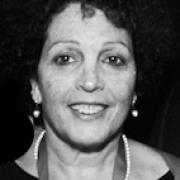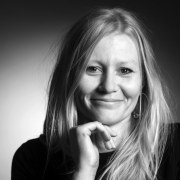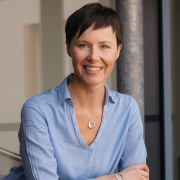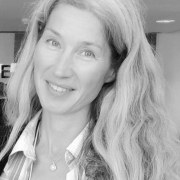Science centres as drivers for social change
Relevance, inclusion, diversity, civic engagement and community outreach are some of the most discussed topics of the past decade in the museum and science centre field. It seems that the social implications of our work have gained a higher relevance and moved from the periphery to the centre. Museums and science centres are perceived as contributors to cohesive communities, promoting inclusion and diversity. In this context, one of our major tasks is audience development, both in terms of reaching out to underrepresented groups; and providing new motivation to visitors to take social action inside and above all outside of their visit.
In the future, our organisations will be judged on the impact they have beyond their own walls. In this session, best practice examples from several museums will be presented and discussed, inspiring participants to get on board and support the idea that museums and science centres need to become drivers of social change.
Session speakers
Head of Research & Development
MODI, the museum for diversity and inclusion is a new project of Dialogue Social Entreprise. Civic engagement, social capital and community outreach are the main objectives of this new kind of museum. Annkatrin will share the three dialogues of MODI; Dialogue Awarness, Dialogue Deep dive and Dialogue Action.
Exhibition Project Manager
Muséum d'histoire naturelle
Maya will share an experience that has been tested in their last exhibition #HumanofTomorrow that challenges visitor convictions on Human boundaries face to advances in research and technologies. The experience has a real input out of the wall of the science centre Quai des Savoirs and push visitors to be change makers.
Tom will give a quick overview of "Middle Ground", an exhibition beyond the walls of the Exploratorium in the center of San Francisco in a public space where homeless people, politicians, and business people pass each other every day.
The psychology of the eyewitness. Together with Åbo Akademi University’s researchers Heureka has twice offered its audience the possibility to participate in a study about the reliability of the eyewitnessing. The research connects to the Innocence Project. DNA research has freed hundreds of people, who have been - in many cases – falsely convicted on the basis of an eyewitness’s report. The collaboration has produced for thousands of visitors a fascinating experience. The researchers have collected data and have gained visibility for their project.





